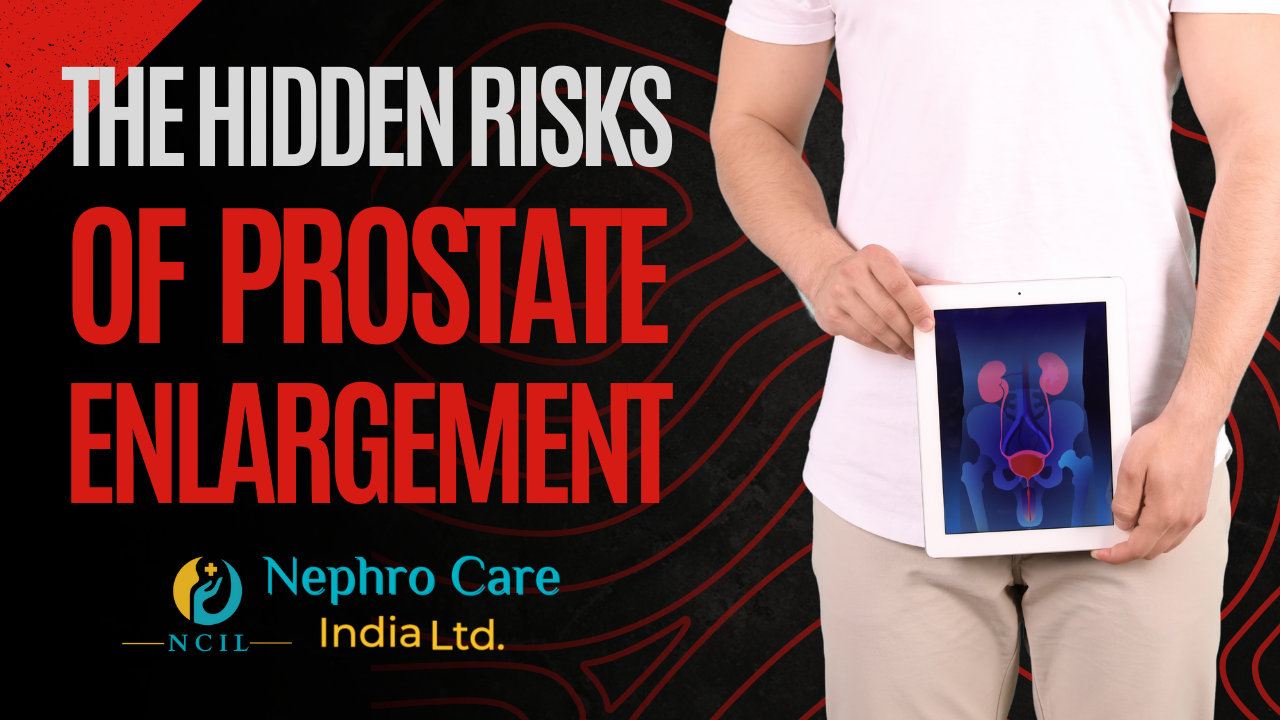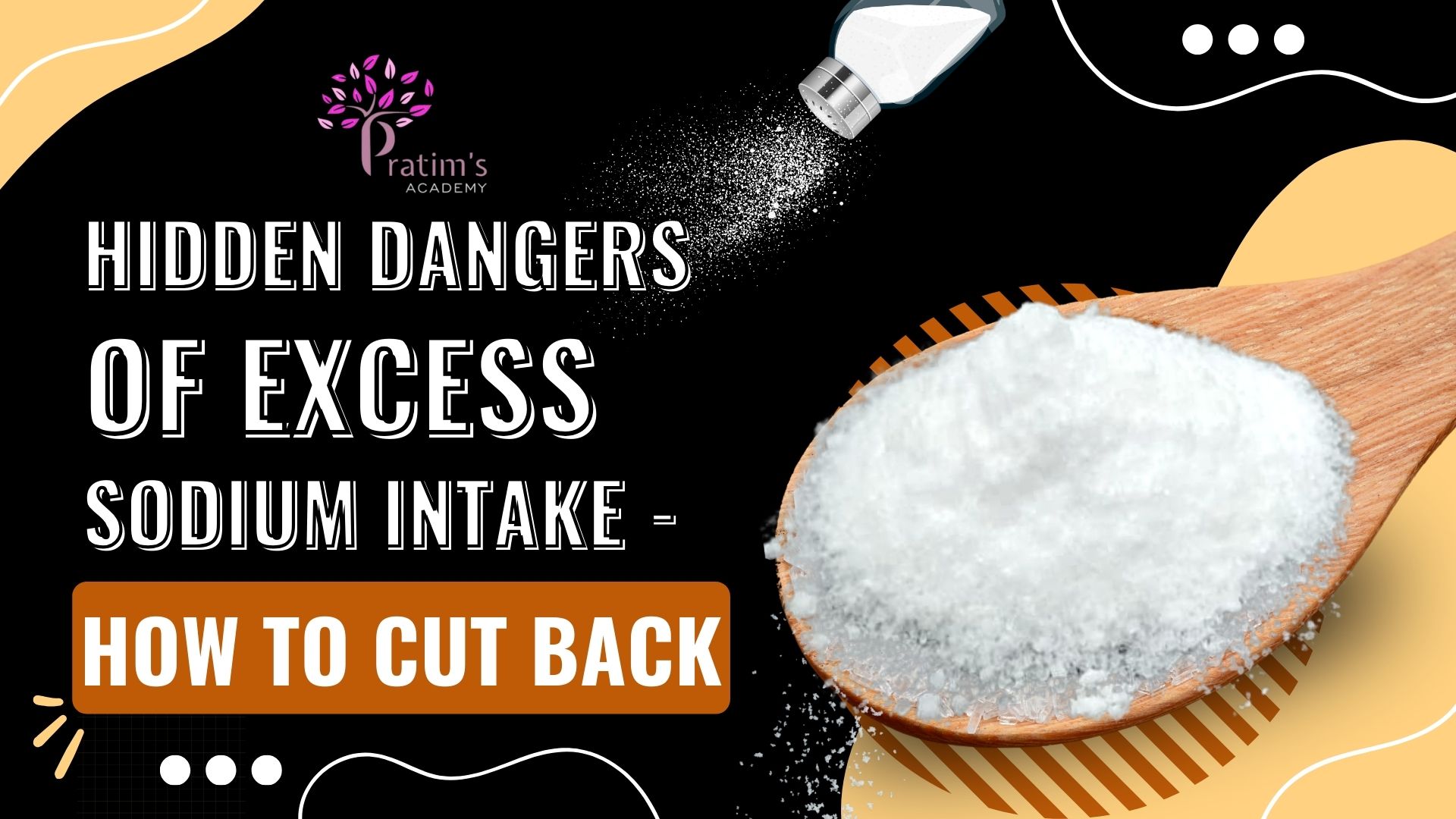
- 253
- 0
The Hidden Risks of Prostate Enlargement
As men age, their bodies undergo various changes—some more subtle than others. One of the less discussed but significant changes is the enlargement of the prostate gland, a condition known as Benign Prostatic Hyperplasia (BPH). This condition, while common, can lead to uncomfortable and often distressing urinary symptoms, such as interrupted urine flow, difficulty in starting urination, and even pain during ejaculation. The reality is that BPH can sneak up on men as they grow older, but understanding the risk factors associated with it can be a game-changer in early detection and management. Let’s dive into the key factors that could be increasing your risk of prostate enlargement.
1. Age: The Inevitable Factor of Prostrate enlargement

Age is, without a doubt, the most significant risk factor for BPH. The prostate gland naturally tends to enlarge as men grow older. While BPH is rare in men under 40, the likelihood increases dramatically with each passing decade. By the age of 60, nearly half of men will show signs of prostate enlargement, and this number skyrockets to 90% by the age of 85. Regular check-ups become not just important but essential as men age, offering a proactive approach to monitor prostate health and mitigate potential issues before they become problematic.
2. Family History: The Genetic Link for Prostrate Enlargement

Genetics can play a decisive role in the development of BPH. If you have a family history of prostate problems, your risk increases significantly. If your father, grandfather, or brother has been diagnosed with BPH, it may be time to take your own prostate health seriously. This genetic predisposition suggests that hereditary factors could amplify the likelihood of developing BPH, making it crucial for men with such a family history to be particularly vigilant about prostate health.
3. Ethnicity: A Factor You Can’t Ignore for Prostrate Enlargement

Did you know that your ethnicity can influence your risk of developing BPH? Research indicates that African American men are more prone to developing BPH and at an earlier age compared to other ethnic groups. On the flip side, Asian men generally have a lower risk. These ethnic variations underscore the importance of personalized prevention and treatment strategies, tailoring them to individual risk profiles for more effective outcomes.
4. Lifestyle and Diet: You Are What You Eat

Your daily habits and diet choices can significantly impact your risk of developing BPH. A sedentary lifestyle combined with a diet rich in red meat and fat can raise the risk of prostate enlargement. On the other hand, incorporating more fruits and vegetables into your diet and maintaining a healthy body weight can help lower the risk. Regular physical activity isn’t just good for your heart—it’s also beneficial in keeping your prostate healthy.
In recent years, the vegan diet has gained significant attention as a compassionate and sustainable lifestyle choice. Read this blog on vegan diet 👇👇

5. Medical Conditions: The Hidden Contributors of Prostrate Enlargement

Certain health conditions may also raise your risk of developing BPH. For instance, diabetes and heart disease are linked to an increased likelihood of prostate cancer. Additionally, the use of beta blockers—commonly prescribed for heart conditions—may contribute to the development of prostrate cancer (Zahalka et al., 2020). Understanding these connections can be crucial for managing your overall health and preventing complications.
REFERENCES
- “Prostate Enlargement (Benign Prostatic Hyperplasia)”. NIDDK. September 2014. Archived from the original on 4 October 2017. Retrieved 19 October 2017.
- Taylor BC, Wilt TJ, Fink HA, Lambert LC, Marshall LM, Hoffman AR,et al. Prevalence, severity, and health correlates of lower urinary tract symptoms among older men: the MrOS study. Urology. 2006;68:804–9.
- Calogero, A. E., Burgio, G., Condorelli, R. A., Cannarella, R., & La Vignera, S. (2018). Epidemiology and risk factors of lower urinary tract symptoms/benign prostatic hyperplasia and erectile dysfunction. The Aging Male, 22(1), 12–19.
- Enlarged Prostate (Benign Prostatic Hyperplasia): Yale Medicine
- Benign Prostatic Hyperplasia (BPH): Symptoms, Diagnosis & Treatment – Urology Care Foundation (urologyhealth.org)
- The global, regional, and national burden of benign prostatic hyperplasia in 204 countries and territories from 2000 to 2019: a systematic analysis for the Global Burden of Disease Study 2019 – Published by Elsevier Ltd. This is an open-access article under the CC BY 4.0 license.
- Parikesit D, Mochtar CA, Umbas R, Hamid AR. The impact of obesity towards prostate diseases. Prostate Int. 2016 Mar;4(1):1-6.
- Benign Prostatic Hyperplasia (BPH) – Genitourinary Disorders – MSD Manual Professional Edition (msdmanuals.com)
- Prostate Enlargement (Benign Prostatic Hyperplasia) – NIDDK (nih.gov)
- Zahalka AH, Fram E, Lin W, et al. Use of beta-blocker types and risk of incident prostate cancer in a multiethnic population. Urol Oncol. 2020 Oct;38(10):794.e11-794.e16.
Comment
Check Your EGFR
***We Promise, no spam!






